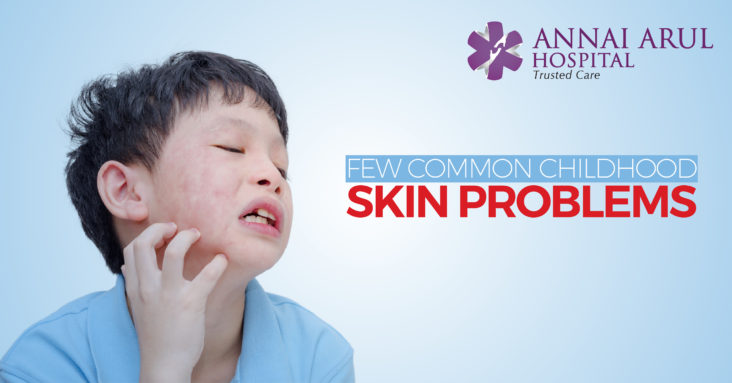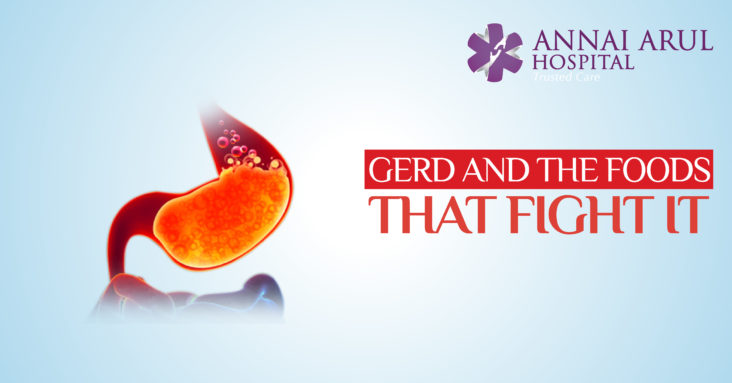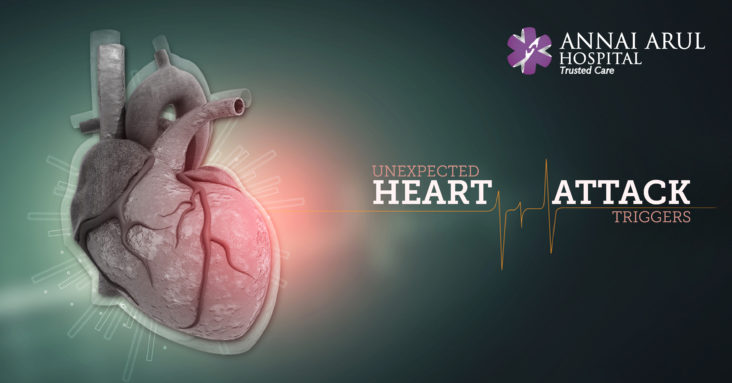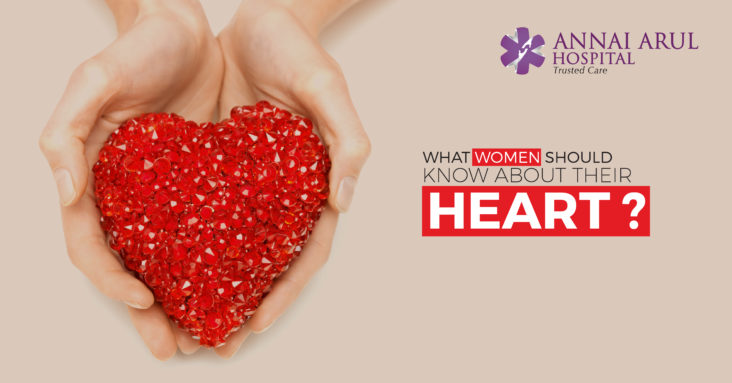Are you wondering what is the rash, welt or bump on your child’s skin? It could be a skin problem for your child. Heat, cold, sickness and allergies can cause skin changes in children. Many of these are not serious and can be easily treated. By the look of it you can tell what kind of skin problem is troubling your child, but it is always better to consult your child’s doctor.
Ringworms
It is not worms that cause ringworm infection, and the skin need not be itchy. Ringworm is caused by a fungus that lives off dead skin, hair and nail tissues. It starts as a red, scaly patch or bump. Then there come an itchy red ring, the ring is usually raised, blistery or scaly. The infection is passed on from skin-to-skin contact. Kids get it by sharing things like towels and sports gear. It can be treated with antifungal creams.
Chickenpox
Once upon a time this was a common rash but today due to vaccination children are not greatly affected. It’s very contagious, spreads easily and leaves an itchy rash and red blisters all over the body. This happens through stages; first they blister, burst, dry and crust over. If left unattended they can become serious. Vaccination is the universal solution for children as well as young adults.
Impetigo
It is caused by bacteria and creates a red sore or blisters. The sore can break open, ooze and develop a yellow brown crust. It may be localized or seen all over the body, mostly around the mouth and nose. Impetigo spreads through sharing clothes, towels and toys. An antibiotic ointment is used along with oral antibiotics to control the infection.
Warts
Fungal infection causes the mostly harmless, painless skin growths called warts. It can spread easily from person to person. They also spread when you accidentally come in contact with an object used by an infected person. Warts develop mostly on the fingers and hands. Most warts go away on their own but some may be removal.
Heat Rash
Heat rash is mainly caused by blocked sweat ducts. They occur as small red or pink pimples. It is seen on the head, neck, shoulders and chest in kids. In babies these rashes happen when parents dress them in too warm clothing. But usually heat rash occurs in children during summer months.
Contact Dermatitis
Many kids have skin that reacts after coming in contact with certain foods, soaps, plants and other substances. The rash is usually seen after 48 hours only and in minor cases may appear as mild redness on the skin or small red bumps. In severe cases there may be swelling, redness and larger blisters. This rash usually disappears in a week or two and can be treated with anti-inflammatory cream.
Eczema
Children are prone to get eczema if they already have other allergies or asthma. The exact cause though is not clear. The only thing clear is that, such kids have sensitive immune system. The sign is a raised rash with dry skin and intense itching. Atopic dermatitis is the most common type of eczema. As they grow older fewer and fewer children seem to get eczema.
Hives
Hives is an itchy and burning welt on the skin, which can be caused due to innumerable reasons. It can be due to medicines like aspirin or penicillin or foods like eggs, nuts, shellfish, and other food additives. Heat, cold and throat injection can also trigger hives. Welts show up anywhere on the body and last for few minutes or days. Medical help should be sought if the hives does not go away on its own or if the child is suffering from breathing troubles, swelling of face etc.






